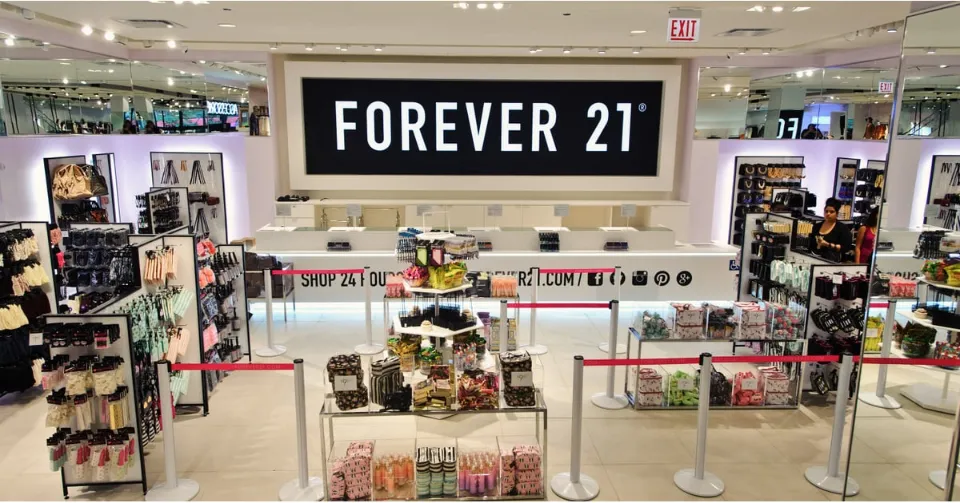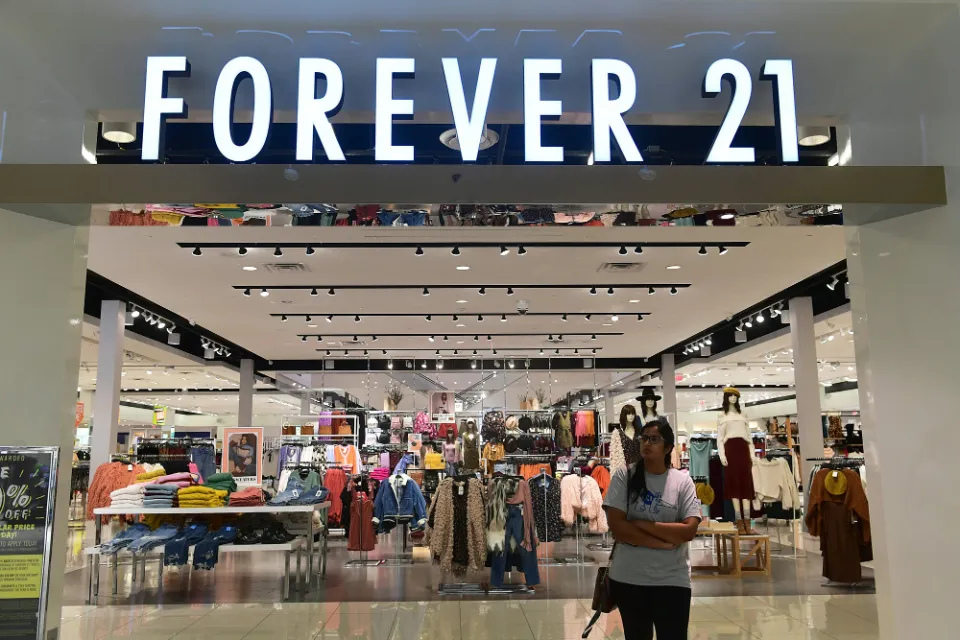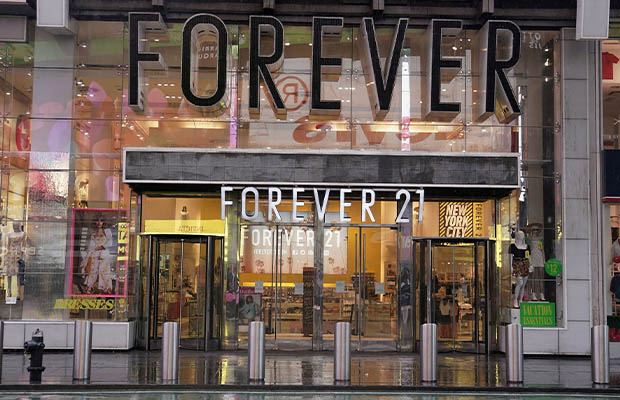One of the brands with a lot of appeal to consumers between the ages of 13 and 22 is Forever 21. But is Forever 21 ethical?
The answer is no: Forever 21 isn’t even close to being ethical in any way: it’s fast fashion.
Let’s examine the brand in each of the relevant categories to determine why it doesn’t meet ethical standards.
Is Forever 21 Fast Fashion?
Yes, Forever 21 is a fast fashion brand.
Do Won Chang and Jin Sook Chang, who are each worth $800 million, are Korean-Americans who founded Forever 21. It is a fast fashion retailer with 700 physical stores worldwide and an international online store.
Forever 21 generates over $3 billion in revenue annually, but the company nearly went out of business in 2019.
Due to COVID-19, it ceased paying garment factories in 2020. (Learn more about the #PayUp movement to stand with these workers and to pressure Forever 21 to make amends.
Forever 21 only has one Social Responsibility page on their website, which discusses their supply chain, sustainability, and other issues. Important details are absent from this, including a list of suppliers, a code of conduct, and any stated goals for reducing environmental impact.
For more inforamation about Forever 21, keep reading:
Is Forever 21 Ethical?

So is Forever 21 ethical? We will analyze it from different aspects.
Environmental Impact
When it comes to its sustainability policies—or lack thereof—Forever 21 has made no meaningful statements.
As a consumer, we think you have a right to know how a brand’s production methods affect the environment. This lack of transparency is ‘Very Poor,’ in my opinion.
Labour Conditions
The treatment of people at Forever 21 is also “Very Poor.” According to the Fashion Transparency Index, the brand was given a score between 0 and 10%. None of its supply chains have been approved by labor standards that guarantee the health and safety of employees, living wages, or other labor rights.
Additionally, it doesn’t disclose any policies or safeguards to guard suppliers and workers in its supply chain from the effects of COVID-19 and publishes no information about the audits and policies it has with regard to its suppliers.
It is one of the few fast fashion companies that has yet to ratify the Bangladesh Accord on Fire and Building Safety, a binding agreement that requires companies to guarantee safe working conditions in supplier factories. Furthermore, it has not advanced in paying a living wage to all of the workers in its supply chain.
Animal Welfare
Forever 21 in numerous articles has spoken about “minimalizing animal suffering” in making their products, but it doesn’t have a definite policy that states the same.
In addition, it doesn’t use any animal products like fur, leather, or skin of any kind. However, it does use wool and exotic animal fur and was threatened by PETA to stop selling these types of clothing in all of its stores.
You Might Also Like:
Final Words: is Forever 21 Ethical?
Overall, Forever 21 received our lowest possible score of ‘Even when compared to other well-known names in fast fashion, like H&M and Uniqlo, Forever 21 falls short.
Since ethical business practices are more important than ever, Forever 21 will be remembered as a significant part of fashion in the early 2000s, but not in a good way.
Read More: Does Forever 21 Run Small?
FAQs About is Forever 21 Ethical
Is Forever 21 Size-inclusive?
Yes, Forever 21 has a very wide range of sizes. Even when they released “plus-size” demons, they did not fit women who come under that category, proving to us that their line of denim is not every inclusive compared to plus sizes of other brands.
Where Are Forever 21’s Clothes Manufactured?
This brand’s clothing is made in China as well as domestically in California.
Does Forever 21 Use Child Labor?
The abolition of child labor and forced labor is a goal that Forever 21 shares.
Is Forever 21 Bad for the Environment?
As a result of the clothing’s short lifespan and use of cheap materials to sell for low prices, Forever 21 contributes to the waste that ends up in landfills.




